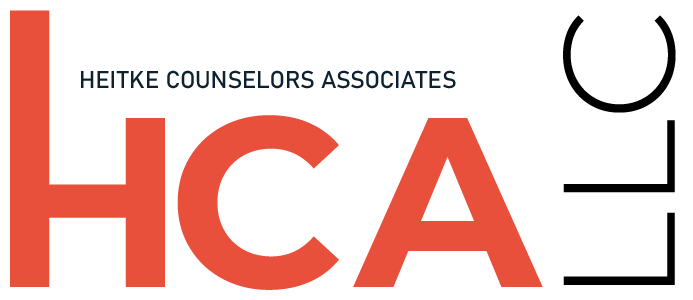If you’re experiencing financial distress, filing for bankruptcy can potentially offer you a fresh start. Deciding whether to file for Chapter 7 or Chapter 13 bankruptcy will impact the kind of relief you can benefit from and your financial situation overall.
As a result of how consequential this decision can be, understanding the fundamental differences between these two chapters can help you make an informed decision that aligns with your financial needs, priorities and broader concerns.
Chapter 7 bankruptcy: Seeking a fresh start
Chapter 7 bankruptcy is an opportunity made available to low-income filers. It requires passing a means test, which compares a filer’s income to the median in their state, considering household size. If your income is below the median in your state, you may qualify for Chapter 7.
The primary advantages of Chapter 7 are the speedy discharge of eligible unsecured debts, including credit card debt and medical bills, and the fact that you won’t be required to repay your creditors before that discharge. At least, not in the ways that Chapter 13 filers are.
Exemptions will allow you to keep certain types of property safe during the bankruptcy process. Significant non-exempt assets, however, may be sold by a trustee to pay off creditors. While this is a rare occurrence in Chapter 7 cases, it is a risk that you’ll take if you file. Therefore, it’s important to understand what assets you may need to surrender before committing to this option if you’re eligible to file for Chapter 7 bankruptcy.
Chapter 13 bankruptcy: Embracing a manageable repayment plan
Chapter 13 bankruptcy, on the other hand, is geared towards those who can afford to make installment payments of their debts via a structured repayment plan. This plan typically lasts between three to five years and is tailored to a filer’s income, living expenses and debt types. It is meant to be uniquely manageable per each filer’s circumstances.
Chapter 13 also offers a potential solution for individuals who are behind on mortgage or car payments, providing a way to catch up on arrears over the life of the repayment plan, potentially avoiding foreclosure or repossession. Additionally, some debts may be reduced or restructured, making them more manageable.
Making the right choice for you, uniquely
Choosing between Chapter 7 and Chapter 13 bankruptcy will require you to conduct a careful evaluation of your financial situation, goals and priorities, as well as your eligibility for each opportunity. Should you have questions, know that seeking personalized feedback is always an option.

